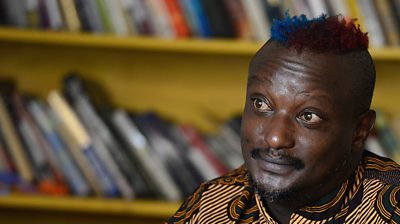
With 1 week on the ground, you’ll get the general idea.

One week in a country or community is a significant experience and exposure to the intricacies of a particular culture for you to be able to write about that country or community’s problems and propose solutions. After the funding is obtained, then and only then should you seek out the buy-in of your local counterparts. Without funding, there will be no project.


Design the project and secure the funding first. This can be time-consuming, and you have grant application deadlines to meet. You need to meet those grant deadlines! You can worry about sustainability after the project is complete or better yet let somebody else worry about it.ĭo not expend too much energy to find true collaborators on the ground from the very beginning. Your main task at hand is to develop and execute your project successfully (by your standards), write up the results and publish your manuscript. Let sustainability worry about itself when the time comes. Plus, you already have funding for this particular project, and it is unlikely that the project will change significantly based on the actual needs expressed at this workshop. Do not pay too much attention to what is discussed at the workshop you already understand the issues and know exactly what the community needs. As long as this workshop is held, and you mention it in your final write-up, it will be clear to your readers that you were able to obtain the buy-in of the community. In order to ensure that your project has the buy-in of the community, set up a 1- to 2-day workshop with community members to get their input on the project for which you already have funding and a protocol.

Without local buy-in, your project is likely not to be adopted by the community and be sustainable. It is frequently said that buy-in from local stakeholders is essential for the success of any global health project. Inspired by a famous satirical article by the Kenyan author Binyavanga Wainaina, I present some guidelines for how (not) to write about global health. But there has been little guidance on how to write about global health in a way that advances equity and justice. There has been much talk recently in BMJ Global Health, in other journals, and on social media platforms, about equity in global health research.


 0 kommentar(er)
0 kommentar(er)
